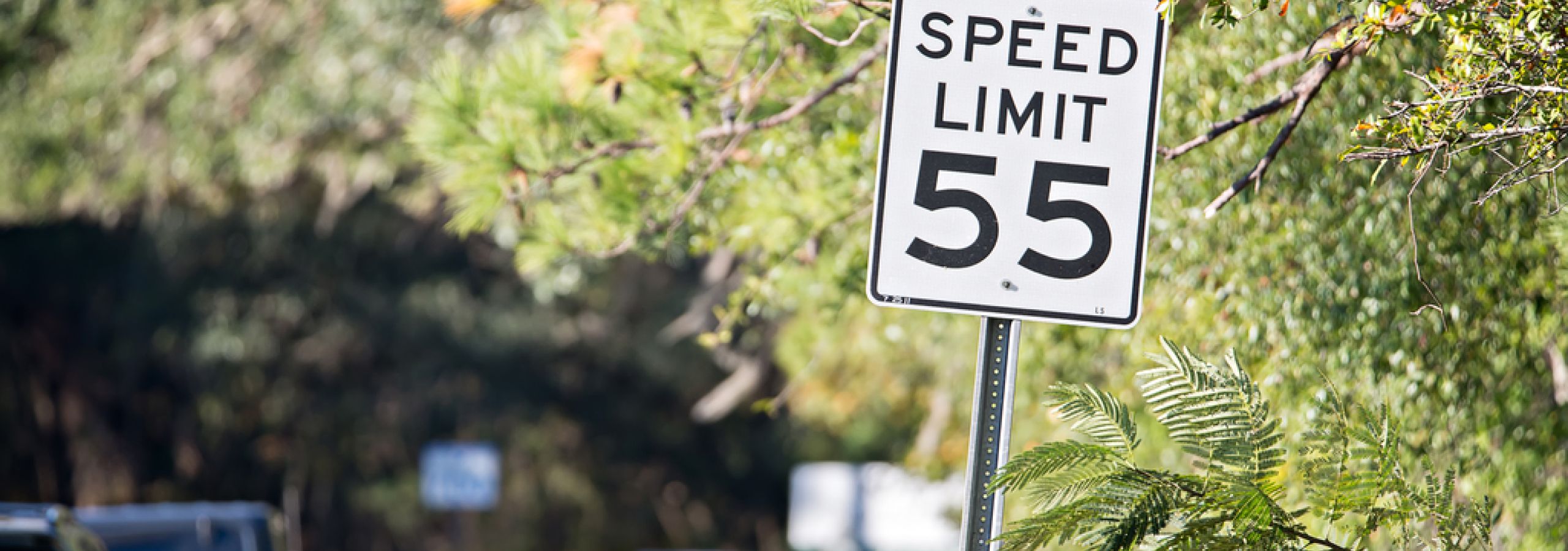
Speeding with Traffic
It’s normal to drive with the speed of traffic, and most of us speed to keep pace with the speed of traffic. Occasionally the police will pick out one vehicle from a pack of cars and issue a speeding ticket despite the fact that traffic was moving at the same speed as the alleged speeder. There are problems with this, but not necessarily the problems you might think.
Speeding is speeding. Even 1 km/hour over the applicable speed limit is speeding and if the evidence is sufficient, it could be the basis of a speeding conviction. Of course, we’ve never seen this happen. The police in BC would not ticket in such a case. On the one hand, they have no time for people who are not flagrantly disregarding the speed limit. On the other hand, there is no chance of successfully proving such an allegation because there is always a reasonable doubt when it’s close to the line.
What if you’re driving 15 km/hour over the limit in traffic? People do get pulled over in these circumstances and ticketed. The reason is because, as we say, speeding is speeding. But what about the other cars? Why was one specific vehicle the one pulled over?
Officers when answering this question on the witness stand will usually say they can’t stop every vehicle, and they stop the vehicle that is convenient and safe to conduct a traffic stop. In the end the officer has the discretion to take enforcement action and the courts recognize this. A reasonable assessment of their duties, obligations and practical concerns support this.
Equality rights
Usually when the police make the decision to pull someone over, picking them out of a group of speeding cars, there is no consideration of ethnicity, age or gender. It happens fast and the police don’t have the opportunity to selectively discriminate. But what happens when a male officer pulls over two vehicles – one with an attractive female driver and one with just some average male? And what happens if the attractive female gets a warning and the guy is issued a ticket, both having allegedly committed the same offence of speeding with traffic?
An argument may be made in such a case that gender discrimination, either real or simply apparent, may be at play. If the evidence substantiates this, the court may dismiss the ticket or direct a stay of proceedings as a remedy under the Charter, or simply reject the evidence of the officer.
Safety in numbers
There is of course, the improbability of being the one picked out. If all of the traffic is moving at the same speed, the odds of being the one vehicle targeted for enforcement is low. It doesn’t make it lawful – just unlikely that you will be caught.
Inaccuracy and uncertainty
Police like to go on about how their Laser speed devices are target specific, allowing them to pick out one vehicle from a pack. That’s only partially true. Properly identifying the vehicle at a distance and pulling over that same vehicle is one issue. Officers have been known to confuse vehicles as they approach. The bigger concern, however, is the Laser landing on the correct vehicle.
The police look through a scope on the Laser and they don’t see the actual Laser beam which is invisible. Instead, they see a dot in the scope which they assume is appearing as the same point as the Laser. What this means is the dot may be on the target vehicle, but the Laser beam itself may be landing on a neighbouring vehicle. Not good.
How to they avoid mistargeting? The police do a test and may calibrate/adjust the viewing scope. If they did it correctly there is a pretty good chance it’s landing on the same spot as the dot. But the further the target, the less likely the two are coming together. And the scope can lose alignment even during the course of work from the time it was last tested.
As for Radar, these devices aren’t target specific. The officer looks at the roadway and makes an educated guess as to whether the reading is for a specific vehicle. It’s rare that the police in BC will use Radar when picking a car that is speeding with traffic. Because Radar isn’t target specific, in this type of circumstance a reasonable doubt is more likely to arise because of the uncertainty and inaccuracy.
If you’ve received a speeding ticket, you’ve come to the right place. We defend tickets all around BC and we’ve been doing so successfully for decades. Contact us right away. You’re in good hands with the BC Driving Lawyers.